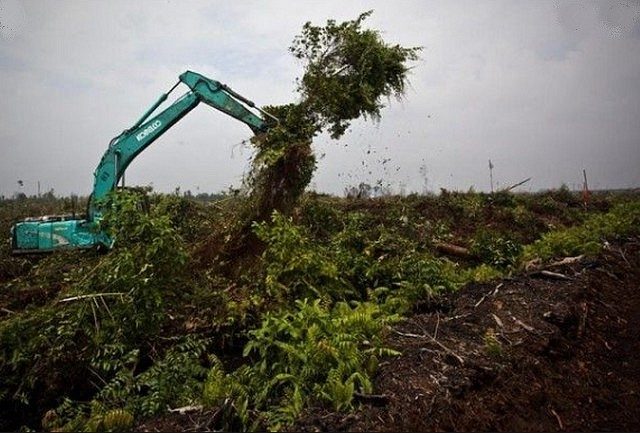Tourism and Covid-19: Why Saving Forests Can Stop the Next Pandemic
August 27th, 2020 Jenny Johnson No Comment News Christine Johnson, Covid-19, Malaisie 8730 views
« The risk of pandemic is linked to habitat loss and wildlife exploitation. The spread of zoonotic viruses (transmission from animals to humans) is more common than we think and is occurring at a faster rate than ever before, » said Christine Johnson, professor of epidemiology and ecosystem health at the University of California at Davis yesterday.
Preventing the further destruction of forests in Southeast Asia in particular will, in her view, be an essential step in stopping the spread of future deadly viruses similar to Covid-19.
 Over the past four decades, parts of the region’s virgin forests have been felled at a frenetic pace. Agriculture and infrastructure have swallowed up a vast area of land in the extensive economic development efforts.
Over the past four decades, parts of the region’s virgin forests have been felled at a frenetic pace. Agriculture and infrastructure have swallowed up a vast area of land in the extensive economic development efforts.
One third of the region’s forest cover has been lost during this period. Humans and wildlife came into closer contact and conflict.
 Scientific research today shows undeniably that the destruction and fragmentation of forest land is not only a major cause of climate change but also a factor in the spread of dangerous viruses that travel between animals and humans.
Scientific research today shows undeniably that the destruction and fragmentation of forest land is not only a major cause of climate change but also a factor in the spread of dangerous viruses that travel between animals and humans.
« Although the exact source of Covid-19 remains to be established, its zoonotic origins, which account for 58% of all infectious diseases, are in no way questioned » reminds Christine Johnson.
On the same subject
Tourism in danger in the Middle East: how far will they stop ?
The escalation of military tensions involving Israel, the United States, and Iran at the...
Bloody settling of scores in Mexico
The physical elimination of Nemesio Oseguera Cervantes, alias « El Mencho, » the feared leader of...
Gentengisasi : The Grand Plan for a Rust-Free Indonesia
“Indonesia is booming, Indonesia must be strong, Indonesia must be beautiful,” declared Indonesian President...










